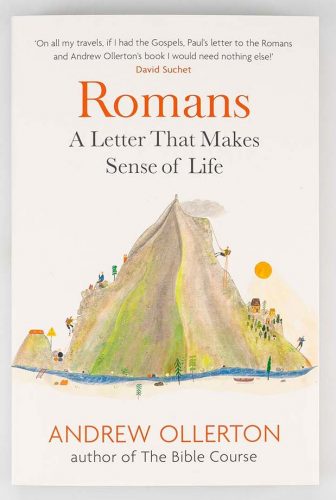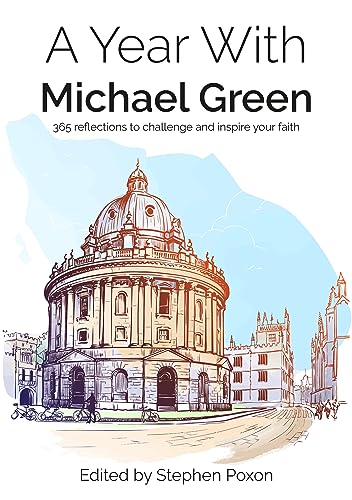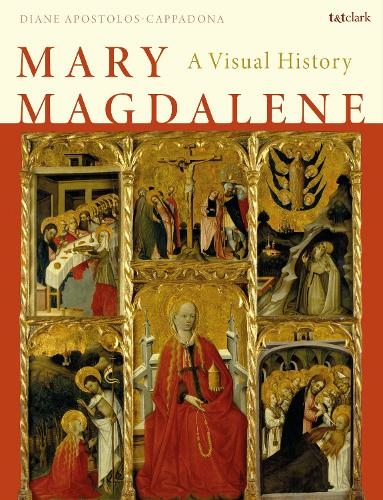Natalie Williams is the CEO of Jubilee Plus, and has written books on how the Church can be more engaged with working class people and the poor. John Woods recently interviewed her briefly about her new book Tis Mercy All.
 Reading your book, it sounds as if you were dragged kicking and screaming to write it?!
Reading your book, it sounds as if you were dragged kicking and screaming to write it?!
I always wanted to write it, I just thought that I would get around to it if I lived to my seventies and eighties perhaps. I imagined that this would be the last thing I would do. It has been a book that I have been wanting to write for years, but I have thought: “What do I do I know about the mercy of God so far?” It became a running joke that I would drop down dead as soon as I had written the book, so after the launch some friends texted me to ask if I was still alive!
What did you learn from writing the book?
Loads. I already thought that God’s mercy was astonishing, or I would not have written the book, but I was mind-blown by it. Writing the first section of the book about the ways that God is merciful, I was regularly in floods of tears because of gratitude and joy. Also, I realised that once you look for something in the Bible, you see it everywhere.
For example, the way that the prodigal son leaves home and lives a wild life but when he comes home the father throws him a party. Or the story of King Manasseh, who was so evil but turned to God in repentance; we read that God is moved. Writing this book has brought me closer to Jesus, giving me an intimacy that so much deeper, closer and more precious than I had before.
I was struck by the section on struggling with other attributes of God.
I knew would need to wrestle with the question of whether our experience is in fact Tis Mercy All. I began to think about the justice and holiness of God and explore whether I was underplaying these themes. I realised that it would be harder for my readers to appreciate the astonishing mercy of God if I ignored all these other aspects of God’s character.
I was interested that in the section about Moses’ request to God, “Show me your glory,” and what you say is that God showed Moses his mercy.
I would have thought that he would have shown his power with something visually impressive with the ground shaking, and yet he shows his glory through announcing his mercy. It is interesting because before humans existed God did not need to show mercy, yet we are told that his merciful intentions toward us were determined before the foundation of the earth.
Did this book have a soundtrack?
I was listening to Lou Fellingham’s new album. The line in the song You never stop loving us was very significant for me: “Moment by moment, hour by hour I am love, loved, loved.”
I have made some mistakes, I have wandered from my faith, I have backslidden, I have been unfaithful in my heart when no-one knew it but the Lord, yet every day there have been new mercies. Every path I have walked down, goodness and mercy have followed me.
There is also a film Taken, starring Liam Nielson that kept coming to mind. In the film his daughter is kidnapped, and Nielson’s character says: “I am coming for you, I am going to hunt you down”. We are not initially the precious daughter who has fallen into the wrong hands, we are the wayward, rebellious, ugly daughter. Our heavenly father’s love is coming for us, wherever we are and wherever we go. I realised that God has not only saved me once but rescued me over and over again.
How difficult did you find it to be so honest in the book?
I think it is difficult to be vulnerable, but I knew that if I wrote a book like this and was not honest about the state of my own heart many people read this book and say “You don’t do that or I have heard you talk like that!” I wanted to be totally upfront about the fact that I struggle with being merciful. Some of my attitudes are dreadful. I also had to write about some things that are still quite raw.
For example, I had never written before about my brother dying when I was younger. I was also conscious of those situations where people who have hurt me or who I have hurt are still alive and well. I wanted to be sensitive to those people. This authenticity is something that I aim to display in my whole life not just for writing this book.
If you could achieve one thing through this book, what would it be?
Can I have two? One would be that Christians who are passive in their faith or struggling in their faith would encounter God in precious and beautiful ways.
Another thing would be that all of what I have written has to be turned outward. I really believe that if we lived as radically mercifully as we are supposed to, we would see way more people coming to Christ, and we would see poverty in our immediate surroundings eradicated. In this way we would we showing the mercy in such a way that people would need to respond by saying: “I have got to find out more about this Jesus. “
Tis Mercy All: The Power of Mercy in a Polarised World
SPCK
ISBN 9 780281 089185
Price £11.99
178 pages
John Woods is a writer and Bible teacher based in West Sussex. He is Director of Training at the School of Preachers in Riga, Latvia.










